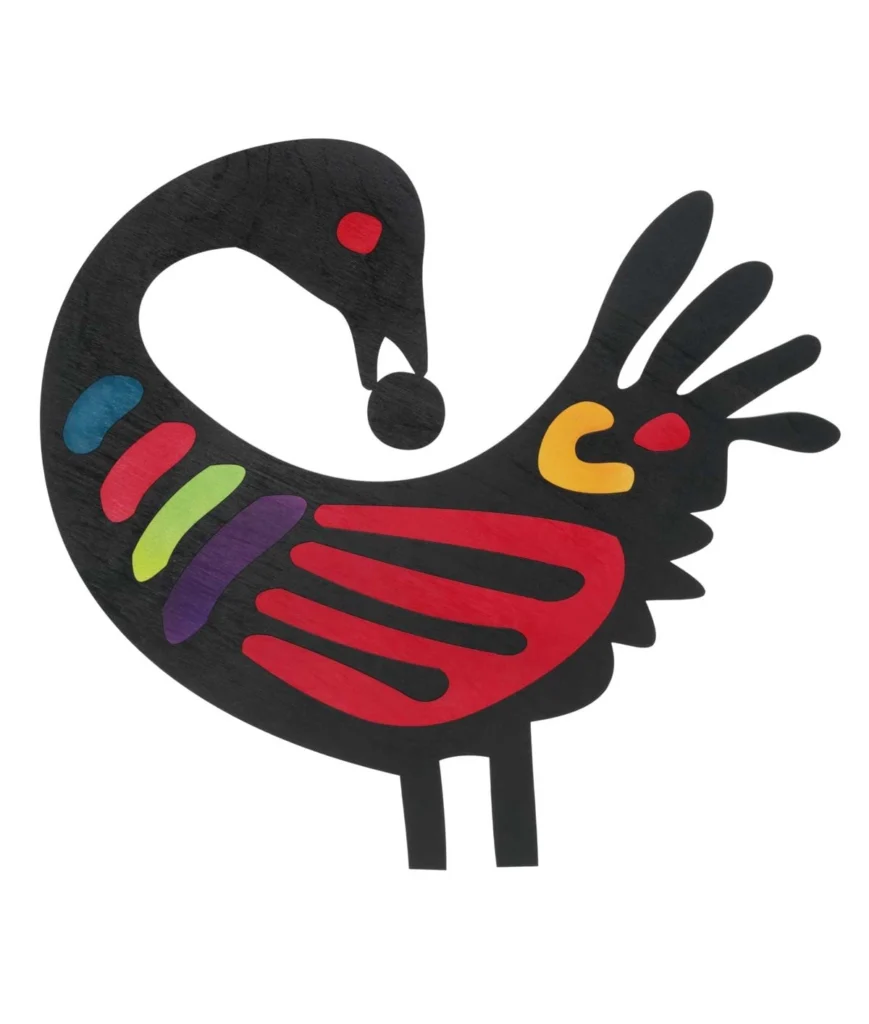By Nayaba Arinde
Editor-at-Large
April’s International Black Women’s History Month designation has been quietly and proudly existing since its invention in Atlanta in 2016.
“If they don’t give you a seat at the table, bring a folding chair,” said Bed Stuy’s Congresswoman Shirley Chisholm. In this vein, if the mainstream actively ignores the foundational contributions of Black women, this majority-minority creates the platform on which to do so.
Sha Battle is the creator of April’s International Black Women’s History Month.
“I felt that Black History Month was not enough to celebrate the contributions that Black women have made to world history,” Ms. Battle told Shahidah Foster in Baucemag.com. “Many of our contributions have never been acknowledged.
I knew that March was Women’s History Month and, while I am so happy about that, I felt like we [Black women] needed our own month to celebrate the contributions that we as a culture, have made to world history. So, I decided that we would create April as International Black Women’s History Month, and embrace every achievement varying from domestic engineering to medicine to politics to inventions to entrepreneurship and everything in between.
I had no idea that Black and minority women had contributed so much to this world because most of it is not taught in schools.”
In April 2016, Georgia native Ms. Battle received a commendation that International Black Women’s History Month was recognized by the city of Atlanta.
It stated that this month is a “celebration that is designed to recognize and applaud the achievements that African American women have made to society,” plus women who have excelled in “such disciplines as Science, Technology, Engineering, and Mathematics,” and in general recognizing “generations of Black women who throughout American history have used their intelligence, imagination, sense of wonder, and tenacity to make extraordinary contributions to the everyday means of how we live.”
As claimed-named months go, Black Women’s History Month is steadily growing in popularity with a purpose.
Slings and arrows constantly deflected, the powerful sisterhood builds up its proud membership of Black activists, educators, medical innovators, professionals, risk-takers, sports high-achievers, everyday working women, home-and-family-maintainers, and quiet storm entrepreneurs.
Black women have always been the backbone of Black resistance and fortitude. No question.
Off the top of the head, folks can reel off many indomitable Black women who have changed global socio-political events; or their own personal worldviews.
It usually starts with mothers of course. Or perhaps a sister, aunt, female family member, or friend.
Then there are those like the trailblazing “unbought and unbossed” Bed Stuy rep. Congresswoman Shirley Chisholm.
Other foundation-shakers like- South Africa’s Liberation leader Winnie Mandela, former First Lady Michelle Obama, Dr. Betty Shabazz, historic heroine Harriet Tubman, fighter against neo-colonialism Ambassador Arikana Chihombori Quao MD, the former African Union Ambassador to the United States; the “Mother of the Civil Rights Movement,” Ella Baker, co-founder of the Southern Christian Leadership Conference, defiant seat-taker Rosa Parks, and racial justice activist/journalist Ida B. Wells-Barnett.
On a more local level continuing to defy rickety old stereotypes, are astounding game-changers including news anchor Cheryl Wills, national social justice advocate Tamika Mallory, and activist social observer Amanda Seals.
Brooklyn’s own Dr. Monica Sweeny from the Bedford-Stuyvesant Family Health Center rose to high echelons in her medical field. Respected are beloved educators like cultural activists such as Regent Adelaide Sandford, the late Medgar Evers College’s own Dr. Marcella Maxwell, and Viola Plummer–co-founder of the December 12th Movement, the international human rights organization.
Known as a grand cultural ambassador is famed public speaker, author, and singer Nana Camille Yarborough using art to forge unity and political awareness. With a Blacknificent playbook left by so many, young women are inspired.
Currently with the recent influx of largely West African migrants cross-cultural consultant Ndeye Maram NGom utilizes her “17 years of experience in facilitating understanding and collaboration across diverse cultural landscapes.”
The first-generation Senegalese American born and raised in the Bronx uses her expertise to build culturally aligned communities and workplace environments.
Calling herself a “Community architect,” she said she has been working with the migrant populations from Canarsie to the Bronx with her nonprofit Mbollo Org providing resources and advice, from food to phone numbers for crucial services.
Funding efforts from her own pocket, it is what she is meant to do, she added.
Ms. NGom told Our Time Press, “Black Women’s History Month shines a spotlight on the often-overlooked contributions, achievements, and experiences of Black women throughout history.
It provides an opportunity to celebrate the resilience, strength, and leadership of Black women, who have played pivotal roles in shaping society despite facing systemic discrimination and marginalization.”
Ms. Ngom went on to say, “By dedicating a month to specifically honor Black women’s history, we acknowledge their invaluable contributions to various fields, including civil rights, literature, science, politics, and the arts.
It also serves as a reminder of the ongoing need to amplify Black women’s voices, address issues of intersectional discrimination, and work towards greater equity and inclusion for all women.”
With two weeks to go, the lesser-known Black Women’s History Month can be used to highlight the great achievement of unsung heroines and everyday grafters, as a starting point for community support and recognition.
April’s International Black Women’s History Month
